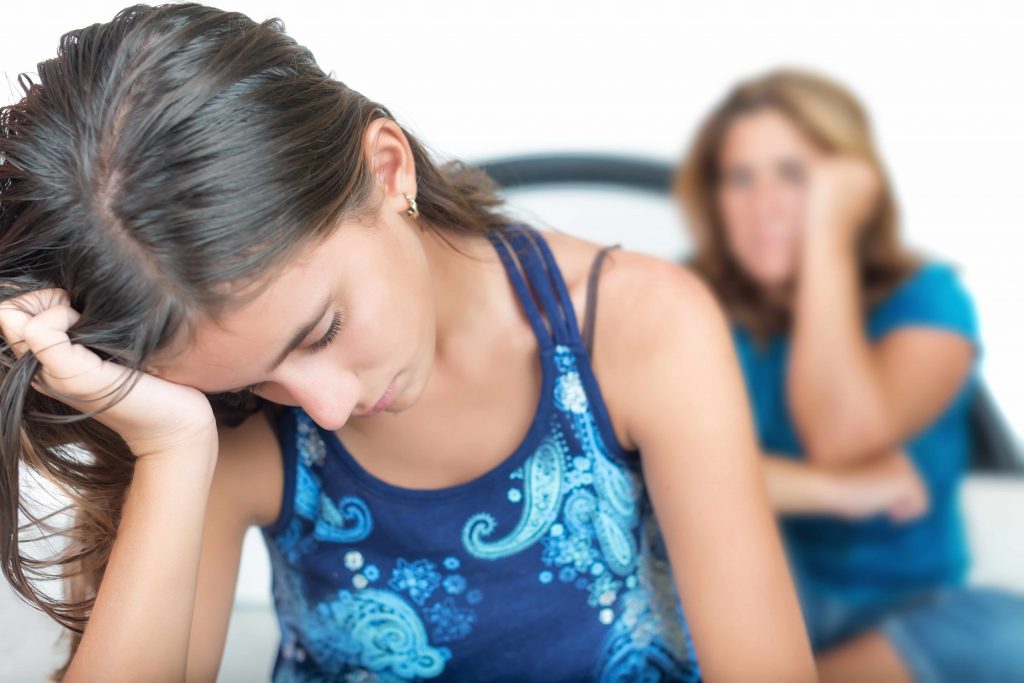 DEAR MAYO CLINIC: My 9-year-old daughter always has been small for her age and never has much of an appetite. She's also an anxious child. During her last doctor's appointment, the pediatrician suggested we see a therapist about her eating habits. Could her anxiety be why she won't eat much? Does this mean she has an eating disorder?
DEAR MAYO CLINIC: My 9-year-old daughter always has been small for her age and never has much of an appetite. She's also an anxious child. During her last doctor's appointment, the pediatrician suggested we see a therapist about her eating habits. Could her anxiety be why she won't eat much? Does this mean she has an eating disorder?
ANSWER: The situation you describe is, unfortunately, a common one. Anxiety and eating issues often go hand in hand, and the symptoms have a tendency to reinforce one another. It's not possible to say if your daughter has an eating disorder, based on your description alone. But it sounds like she may be at high risk for one, and an assessment of her condition would be strongly recommended.
A big part of anxiety is excessive worry and fear. That worry and fear can trigger physical symptoms, such as fatigue, irritability and sleep problems. In children, feelings of anxiety also frequently cause stomach upset. That can lead to a lack of appetite and a decrease in the amount of food a child eats.
If, over time, low food intake leads to low body weight or failure to gain the weight a child needs for healthy growth and development, that can become dangerous. In addition, low body weight and insufficient food intake can make anxiety symptoms worse. If an anxious child always has been low in weight, like your daughter, that means she is even more at risk for falling below the developmental curve and for her eating to become a factor in her mental health. Studies have shown that, even if weight loss or restrictive eating starts for another reason other than body image concerns, any person can develop an eating disorder if he or she loses enough weight.
A large clinical research study conducted in the 1940s at the University of Minnesota, called the Minnesota Starvation Study, demonstrated this with physically and psychologically healthy adult men. The study participants dramatically cut their calorie intake and, once they hit a certain weight, they all began dealing with psychological issues as a result of the weight loss. They hoarded their reduced rations, thought about food incessantly, exercised compulsively, and became depressed and anxious. In other words, despite not having body concerns, and despite the fact that their low food intake wasn’t for the purpose of weight loss, these previously healthy men began to have symptoms identical to people with anorexia nervosa. Basically, what this showed is that anyone can back into an eating disorder — even if he or she doesn’t have problems with body image.
Another factor to be aware of is that, when a child isn’t eating well or is underweight, interventions for anxiety and other mood disorders, including therapy and medication, are less effective than usual. Therefore, eating issues must be clearly and comprehensively addressed, before treating anxiety or depression — even if they don't seem to be the primary problem.
Some psychological providers who don’t specialize in eating issues might miss this component of anxiety in an evaluation. When eating habits and anxiety seem to be intertwined, working with a mental health professional who specializes in eating disorders is the best place to start to receive a comprehensive assessment.
As you look for a mental health provider to work with, keep in mind, too, that research supports using a type of outpatient therapy called Family-Based Treatment — also called FBT or the Maudsley approach — for children with eating disorders, especially younger kids like your daughter. Look for a provider who is certified in that treatment approach.
The good news is that early intervention for childhood eating disorders is linked to positive outcomes, and younger kids tend to do well in treatment. At her age, assuming your daughter is otherwise healthy, if she is diagnosed with an eating disorder or anxiety, there is a good chance the condition can be resolved successfully with thorough, evidence-based treatment. — Dr. Jocelyn Lebow, Psychiatry and Psychology, Mayo Clinic, Rochester, Minnesota
Related Articles







